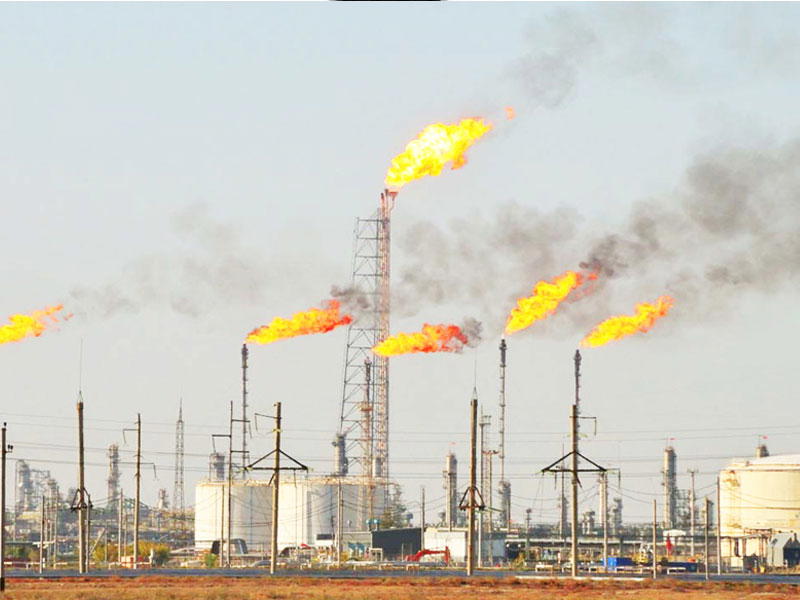
By Ediri Ejoh
NIGERIA may have lost 14,900 Gigawatts per hour generation potential to the persistent activities of gas flaring by oil companies operating in the country in the first half, H1’24.
This is despite the country’s struggle to generate above 4,000 megawatts, MW of electricity to serve households and businesses, due partly to limited gas supply to the Electricity Generation Companies, GENCOs as well as inadequate infrastructure of both transmission and distribution in the country.
Nigeria’s gas flaring has risen by 8 percent H1’24, to 148.6 million standard cubic feet, MSCF, in first half of the year, from 138.8 million Mscf recorded in the corresponding period of 2023.
Data obtained from the latest report of the National Oil Spill Detection and Response Agency, NOSDRA, put the gas value of the 138.8 MSCF flared in the period at $520.2 million.
Going by the current N1,603.8/$ exchange rate of the Central Bank of Nigeria, CBN, the nation suffered a loss of $520.2 million, which translates to a loss of N834.3 billion in potential revenue.
According to NOSDRA, the defaulting companies, including mainly the International Oil Companies, IoCs, were liable to fines totalling $297.3 million, an equivalent of N476.8 billion.
Providing a further breakdown of the volume of gas flared across oilfields, NOSDRA disclosed that flaring by companies operating offshore rose by 81 percent to 74.5 mscf, against 64.4 mscf flared by companies operating onshore.
However, NOSDRA disclosed that the volume of gas flared during the period under review was equivalent to a carbon dioxide emission of 7.9 million tonnes.
NOSDRA lamented that despite efforts to reduce gas flaring, it has continued in Nigeria since the 1950s, releasing carbon dioxide and other gaseous substances into the atmosphere.
However, operators have further faulted the federal government’s penalties on flares, insisting that it is difficult to invest in the conversion of the flared gas, owing to unfavourable policies and infrastructural deficit in the sector.
They, however, called for an incentives-based program for operators to convert the flared gas to LPG or other substances rather than current fines which is cheaper to pay than exploring the conversions.
FrazEnergy, Galileo take FID on $20bn gas infrastructure
Meanwhile, FrazEnergy Ltd (a subsidiary of Oilserv) and Galileo Technologies, have signed a Final Investment Decision (FID) to unlock the over $20 billion gas infrastructure deficit in the country.
The milestone, according to FrazEnergy, is in line with President Bola Tinubu’s presidential executive order on oil and gas reforms aimed largely at improving the investment climate and positioning Nigeria as the preferred investment destination for the oil and gas sector in Africa.
The pact signed with a gas technology company will see the development of scalable Liquefied Natural Gas, LNG, harnessed from the Mid-Western marginal field in Delta state. Its own projects including prioritising captive power generation for the manufacturing sector.
He said there was a need to bridge the infrastructure gap to meet the projected goals of the country’s gas plan.
According to him, gas plants and major pipelines, such as the South-North gas pipeline, which originates from Qua Iboe, pass through Obio/Akpor, Enugu, and connect to the Ajaokuta-Kaduna-Kano (AKK) pipeline, remained critical.
Disclaimer
Comments expressed here do not reflect the opinions of Vanguard newspapers or any employee thereof.